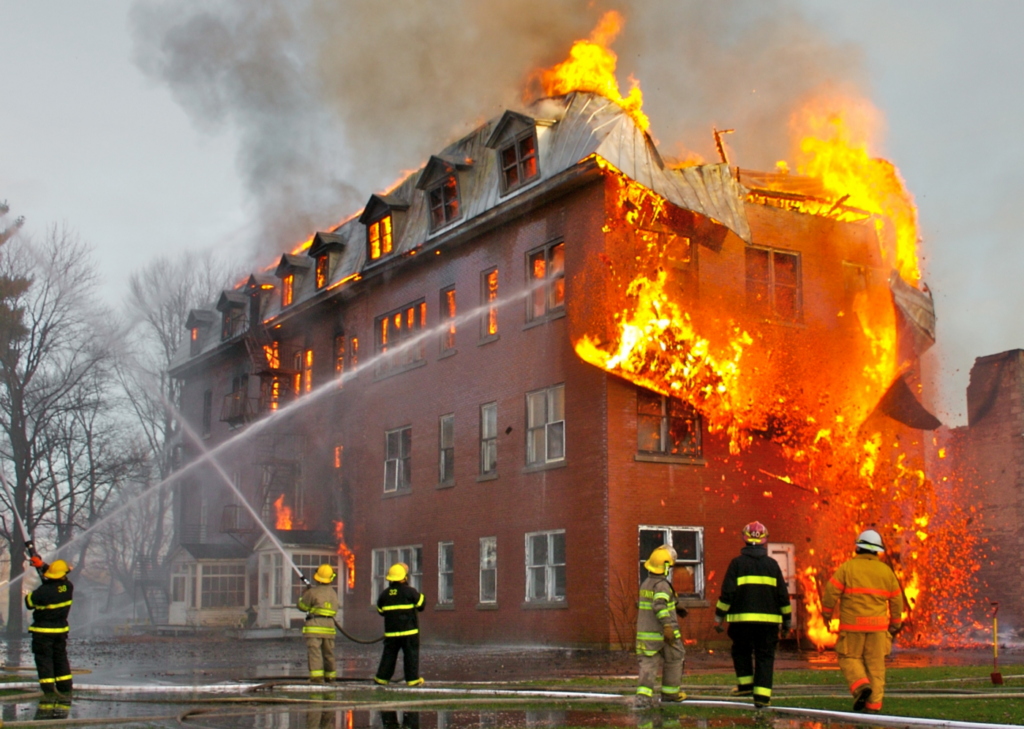
I was attending a lecture by one of the leading scholars in my academic field. At the top of her game and in full display of her scholarly powers, the professor delivered an erudite, perfectly structured lecture with a compelling, perfectly argued thesis. To be honest, it was a great talk and audience appeared enthralled by it. I would have been too a few years ago.
There was nothing at all wrong or deficient about her scholarly performance. Except for maybe its timing. On my drive in, I had been listening to a news roundup. I had been hearing about Republicans in several states stripping women of their reproductive rights, and the Trump administration’s machinations toward war with Iran. I had been hearing about the massive extinction of a million species due to climate catastrophe.
With those concerns rattling around in my head, I simply could not focus on the minutia of an argument about what a handful of Chinese characters meant in the second century AD, no matter how great the presenter. With all apologies to the professor and to my field as a whole, I just could not buy into a 90-minute lecture where the grand conclusion was to add a tiny shade of nuance to a 2000-year-old argument about an obscure Buddhist doctrine.
What clicked into place during the talk was a new clarity of purpose that has been coming into focus gradually for some time now. It was a realization that we have important choices to make about how we spend our time and energies as scholars.
The world outside our lecture hall is on fire, literally and figuratively, and I can no longer keep up the professional facade behind the lectern while it burns. I don’t mean to suggest that we need to abandon completely our focused scholarship and redirect our research solely to the present moment (although that certainly is a possibility we each might explore). But, I do think that we have a moral obligation to be relevant. To roll up our sleeves and figure out a way to make our work, no matter how arcane our topic may be, speak to the current crises.
Now, more than ever, how we approach our scholarship is inherently and inescapably a political matter. What we choose to talk about and what we choose to ignore in the course of our ordinary day is our politics. Shall we choose to bury our heads in the sand, or to use whatever platform we have to try to address the conflagration outside the window?